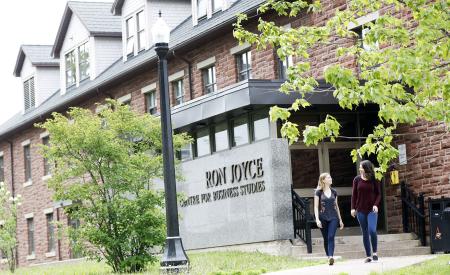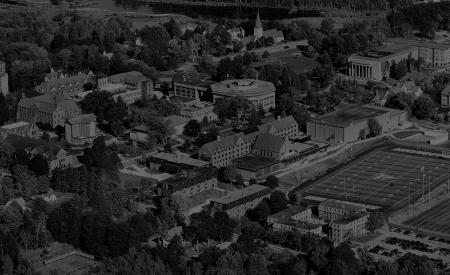Preparing for winter term 2022 – Jan. 7 update
The following update was shared with the University community on Jan. 7, 2022. As previously communicated, classes will begin on Monday, Jan. 10, with online online-only instruction from Jan. 10-21. All faculty and staff who can work from home should do so during this time.
See mta.ca/campus-updates for additional information.
Preparing for the winter term
On top of the spike in COVID-19 cases in the province, and across the country, it is also cold and flu season. Please return to campus prepared with all the supplies you may need if you get sick — suggestions can be found on our website under Health Guidance. You should also secure a supply of proper-fitting masks as per the latest mask guidance, as well as sanitizing and cleaning supplies.
Remain highly aware of your own symptoms and how you feel, be mindful of your surroundings, and keep your contacts low (Steady 10). Be prepared to remain vigilant in those practices that are effective in helping minimize the spread of COVID-19: proper mask-wearing, maintaining physical distancing, limiting contacts as much as possible, and frequent handwashing/sanitizing.
Third Vaccination availability in New Brunswick
Today, GNB has announced that as of Jan. 10, all individuals aged 18 and over (with five months since second dose), will be able to book their booster in New Brunswick starting Monday.
Major changes to GNB protocols moving forward
GNB recently made a number of significant changes to their approach to managing the COVID-19 virus; please take the time to review new protocols for testing, isolation, and contact tracing protocols.
Testing
Most of the testing from here on will be done through the provincial health system — we understand GNB will no longer be distributing rapid test kits to the general public and, at this time, to the University.
- If you have one or more symptoms, you should isolate and register for a COVID-19 test. All testing is now reserved for symptomatic individuals or people who live or work in specific settings. (If you currently have a supply of rapid tests from previous supply, you should use them only if you are symptomatic.)
- The online registration process will confirm what type of test you will receive.
- Rapid tests will be the most used form of testing in the province and are now only to be used for those who are symptomatic and those under 50 years of age unless other health factors are evident.
- PCR tests will be reserved for the most high-risk populations, especially older age groups.
Reporting a positive COVID-19 test to GNB and Mount Allison
If you have a positive test — whether a rapid test or a PCR test — you are asked to self-register this result
- Register the positive test result on the GNB website — this data will be used by GNB/Public Health.
- Register the positive test with Mount Allison — We ask that you also self-report to the University by e-mailing Sarah MacKinnon (Vaccination Testing and Vaccination Clerk) at smackinnon@mta.ca. This data will assist us in continuing to monitor the COVID landscape on campus. Individual information will be treated confidentially.
Isolation
- Individuals who have a positive rapid or a positive PCR test MUST isolate as directed by GNB.
- Five days if you are fully vaccinated. Once you have completed your five-day isolation, you must mask continuously, avoid vulnerable settings and gatherings for the next five days.
- 10 days if you are not fully vaccinated or immunocompromised
- You do not need any further testing during your isolation.
All household members must also isolate for the same time period. Close contacts outside of the household must self-monitor for symptoms for 10 days regardless of vaccination status.
Residence students will receive additional communication from the Housing office on isolation procedures and supports in place.
If close contacts develop any symptoms, they should complete GNB’s online assessment form.
Contact tracing
- Public Health contact tracers will no longer notify close contacts of confirmed COVID-19 cases unless they are in a high-risk setting.
- Individuals who test positive will now be responsible for notifying their own close contacts.
- Public exposure sites will no longer be reported by GNB.
- Keep a list of who you’ve met with and where you have been on your phone or in a journal or calendar.
Up-to-date information can be found at mta.ca/campus-updates and questions can be sent to covid19@mta.ca where they will be directed to the appropriate contact.




